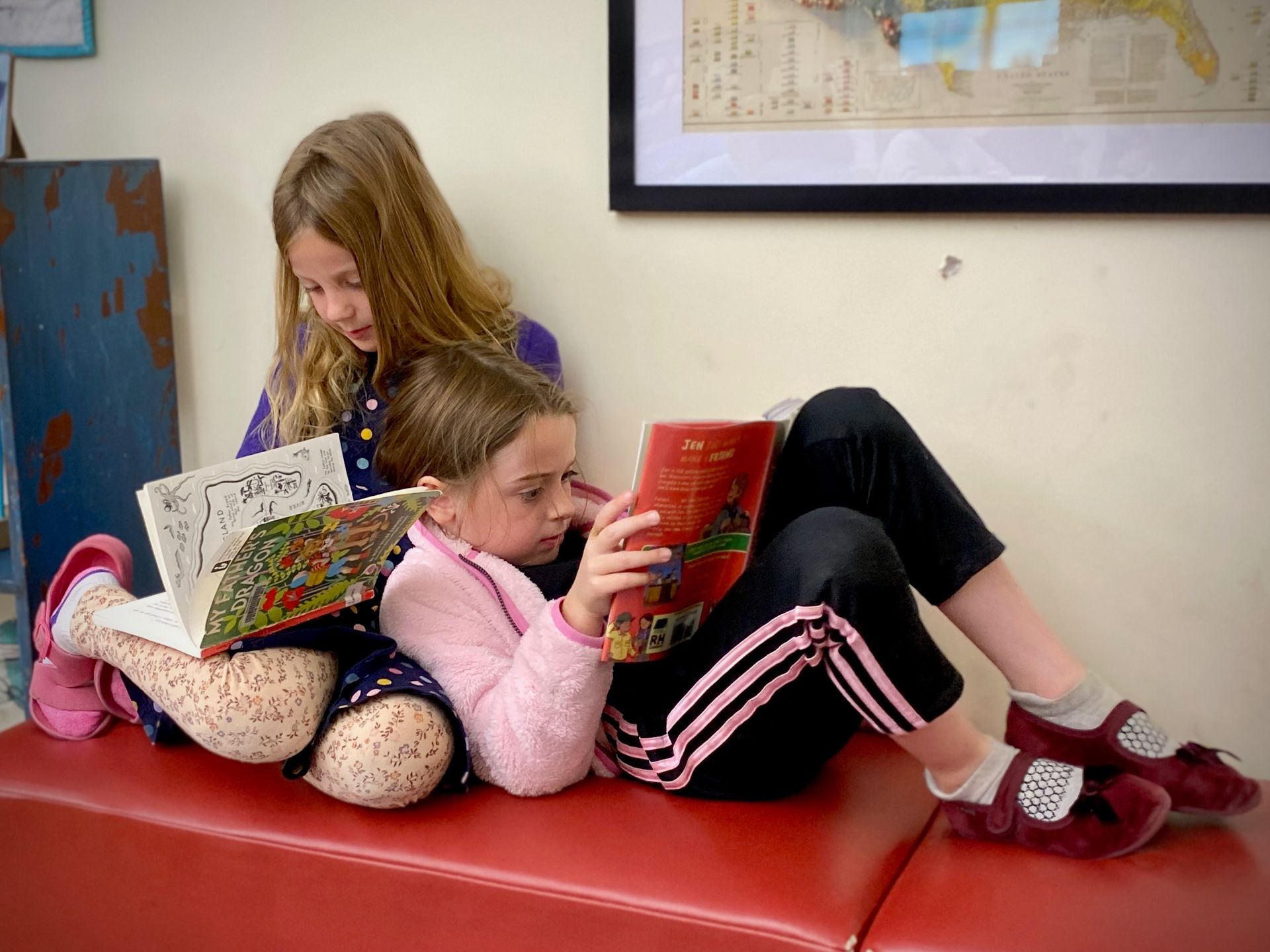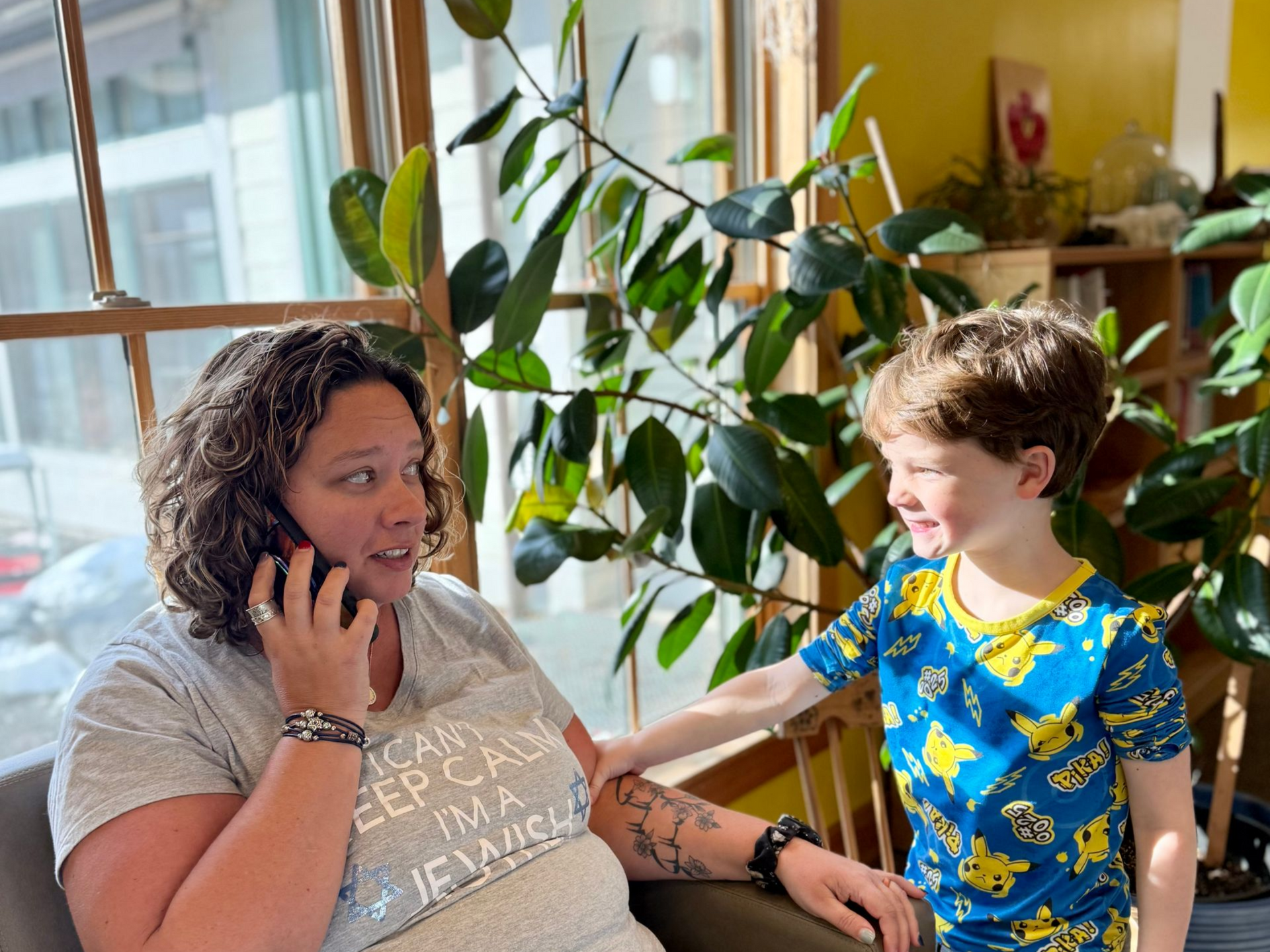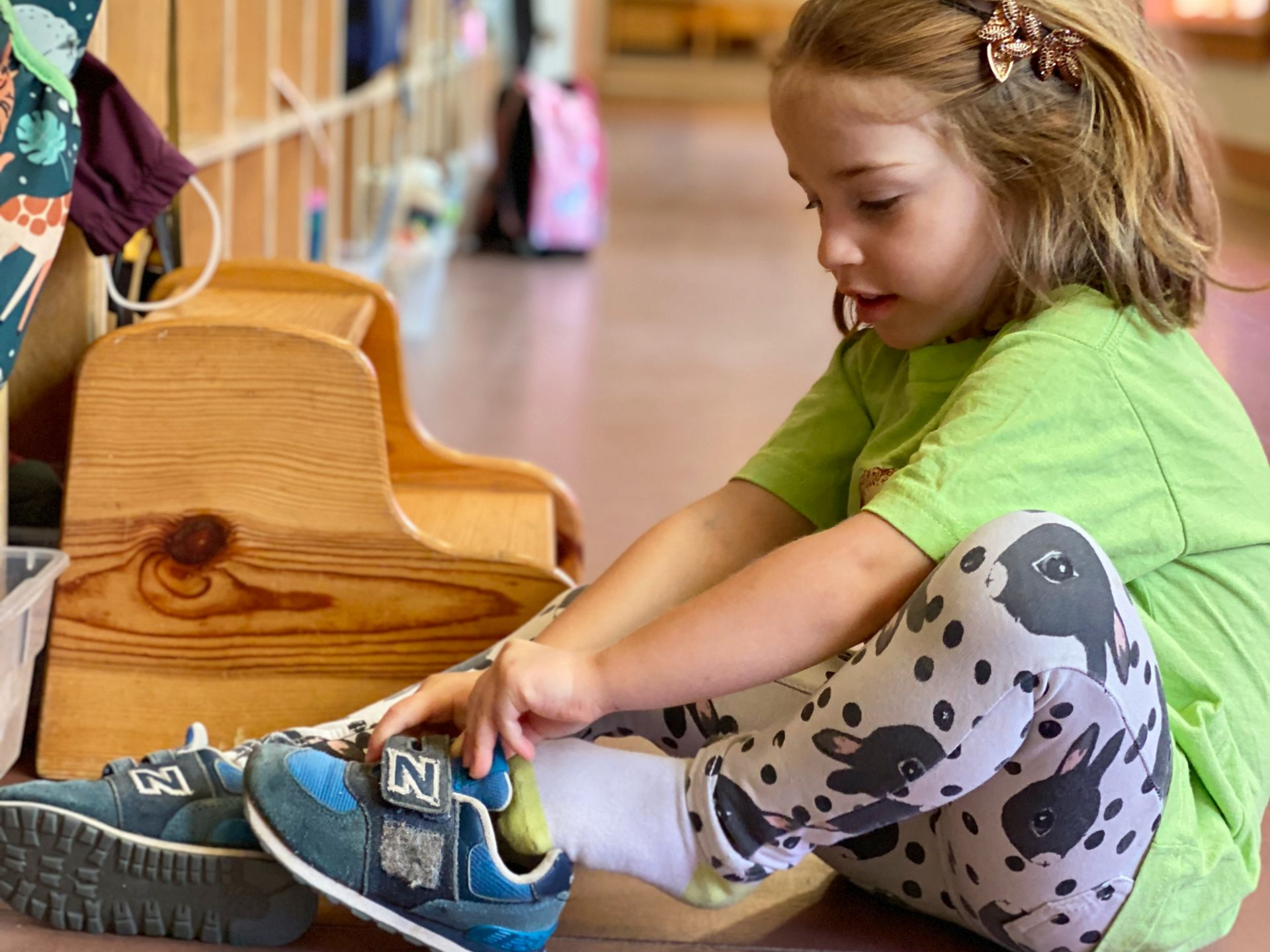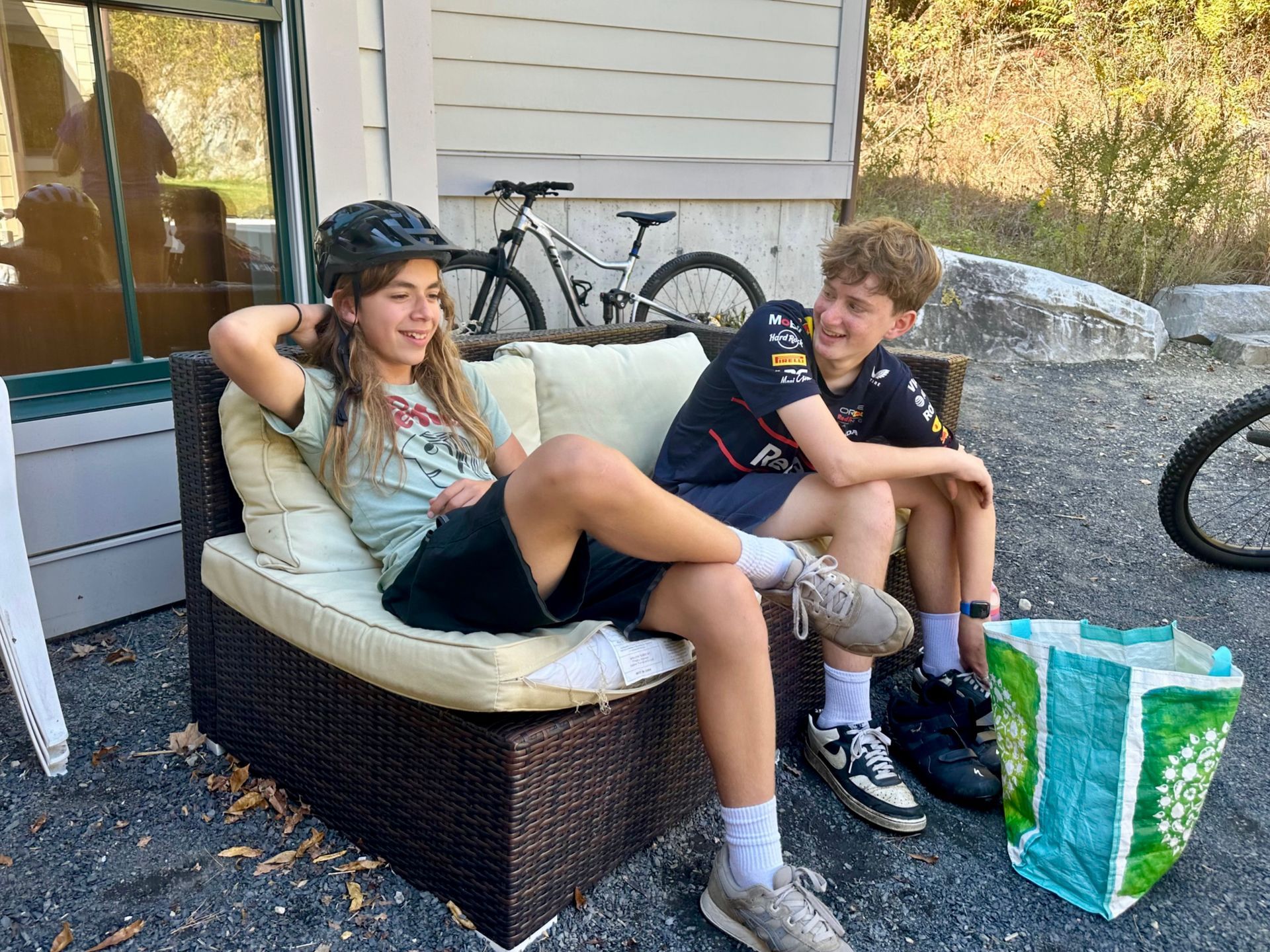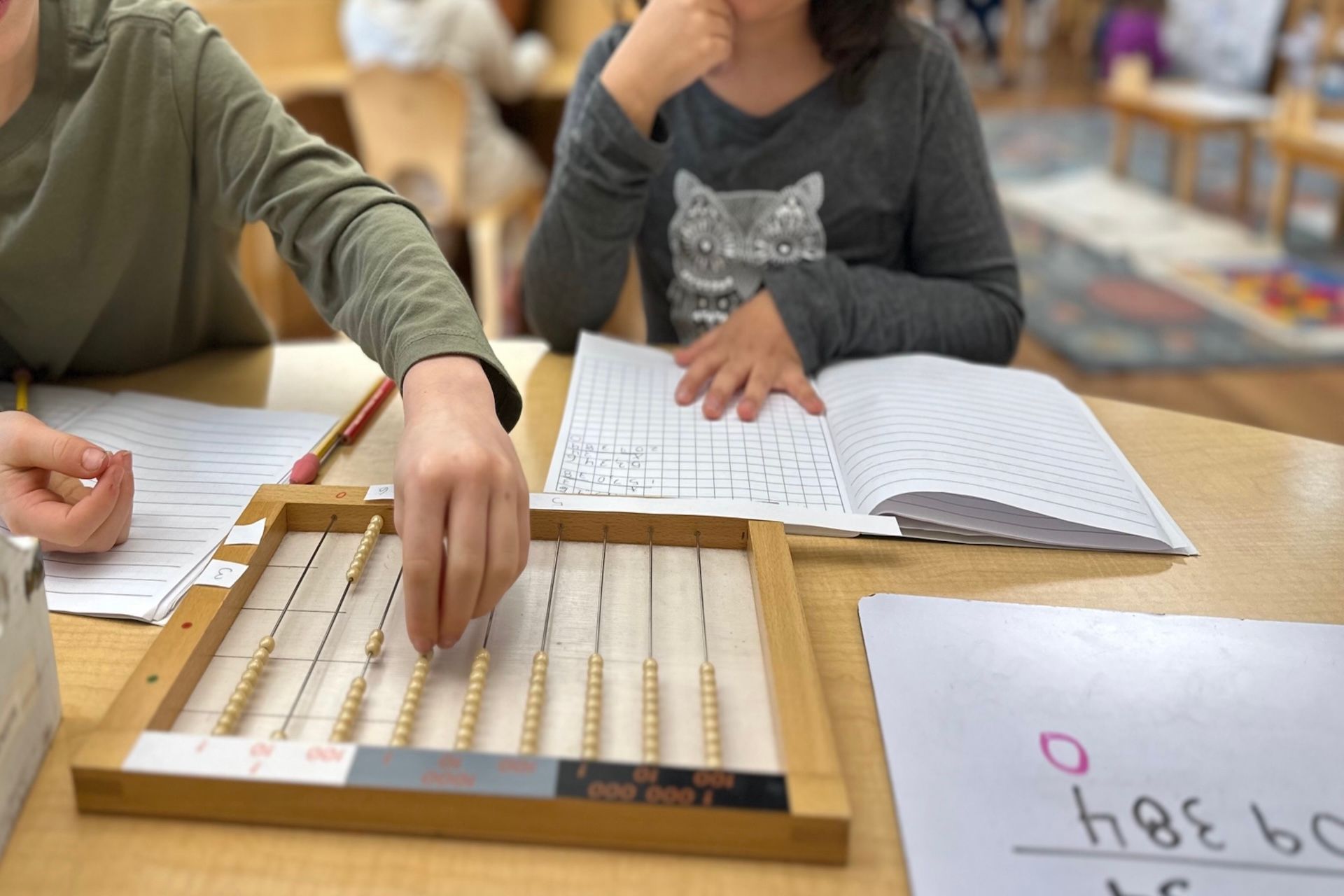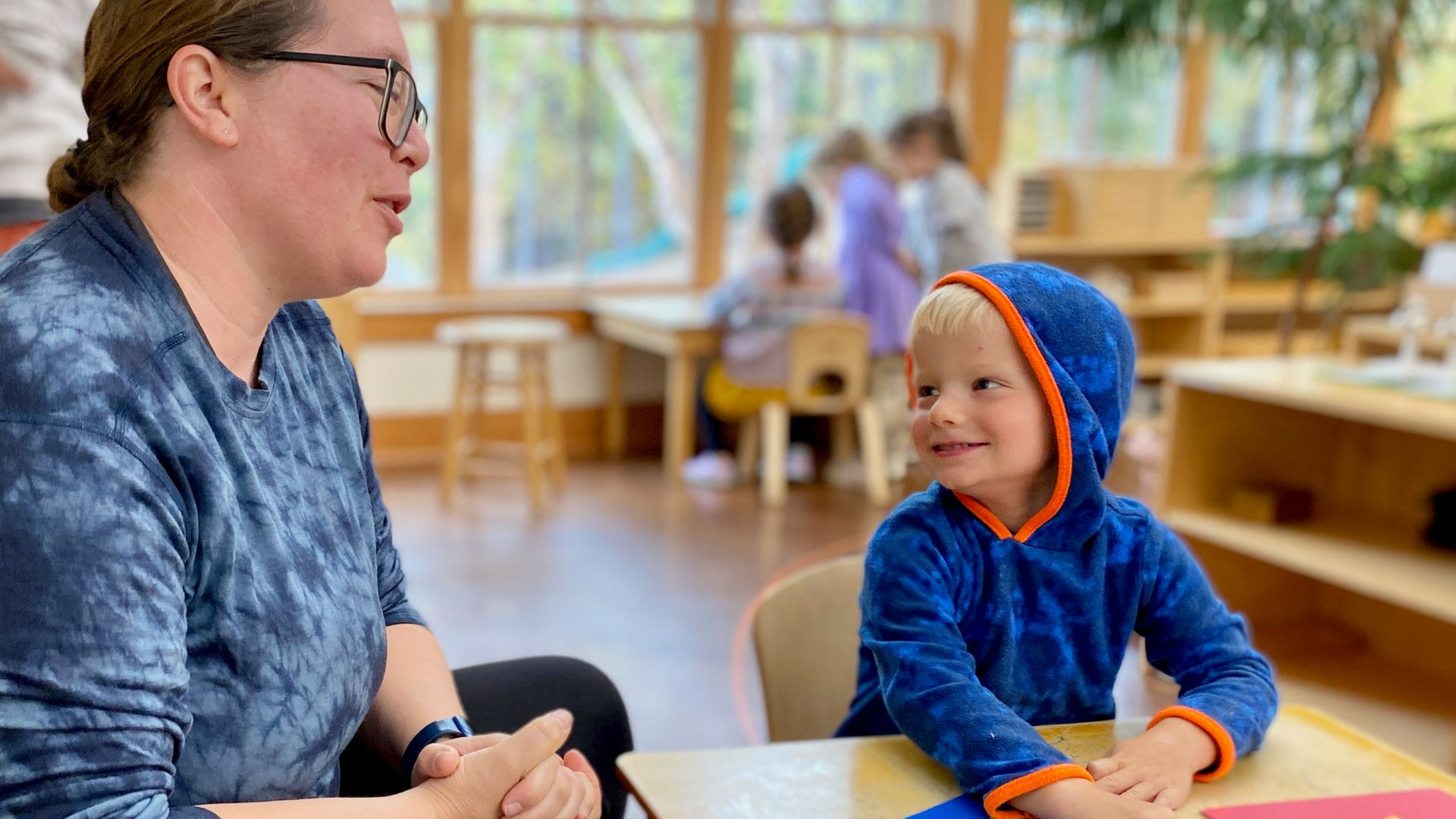Contact Us
© 2024 The Montessori School of the Berkshires
PO Box 422, 21 Patterson Road, Lenox Dale, MA 01242
The Montessori School of the Berkshires (MSB) is a private independent coed school which inspires children to develop independent thinking, self-assurance, inner discipline, and a love of learning in an authentic Montessori environment nestled in the scenic Berkshire hills. We serve children in toddler, preschool, elementary, middle, and adolescent programs. MSB is an equal opportunity employer and provider. We do not discriminate on the basis of race, color, gender, religion, sexual orientation, disability, cultural beliefs, marital status, or ethnic origin in employment or the administration of admissions programs or policies.




